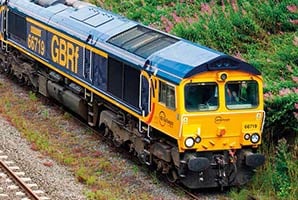Other Businesses
ABP Property
Our property division brings together an unrivalled land bank spanning 21 multi-modal locations around the country, with 960 hectares of port-based development land.
ABPmer
Drawing on 60 years of experience, ABP Marine Environmental Research (ABPmer) provides specialist marine environmental research and consultancy services.
UK Dredging
UK Dredging (UKD) operates the largest British-owned dredging fleet and specialises in the provision of reliable and cost effective port maintenance dredging services.


